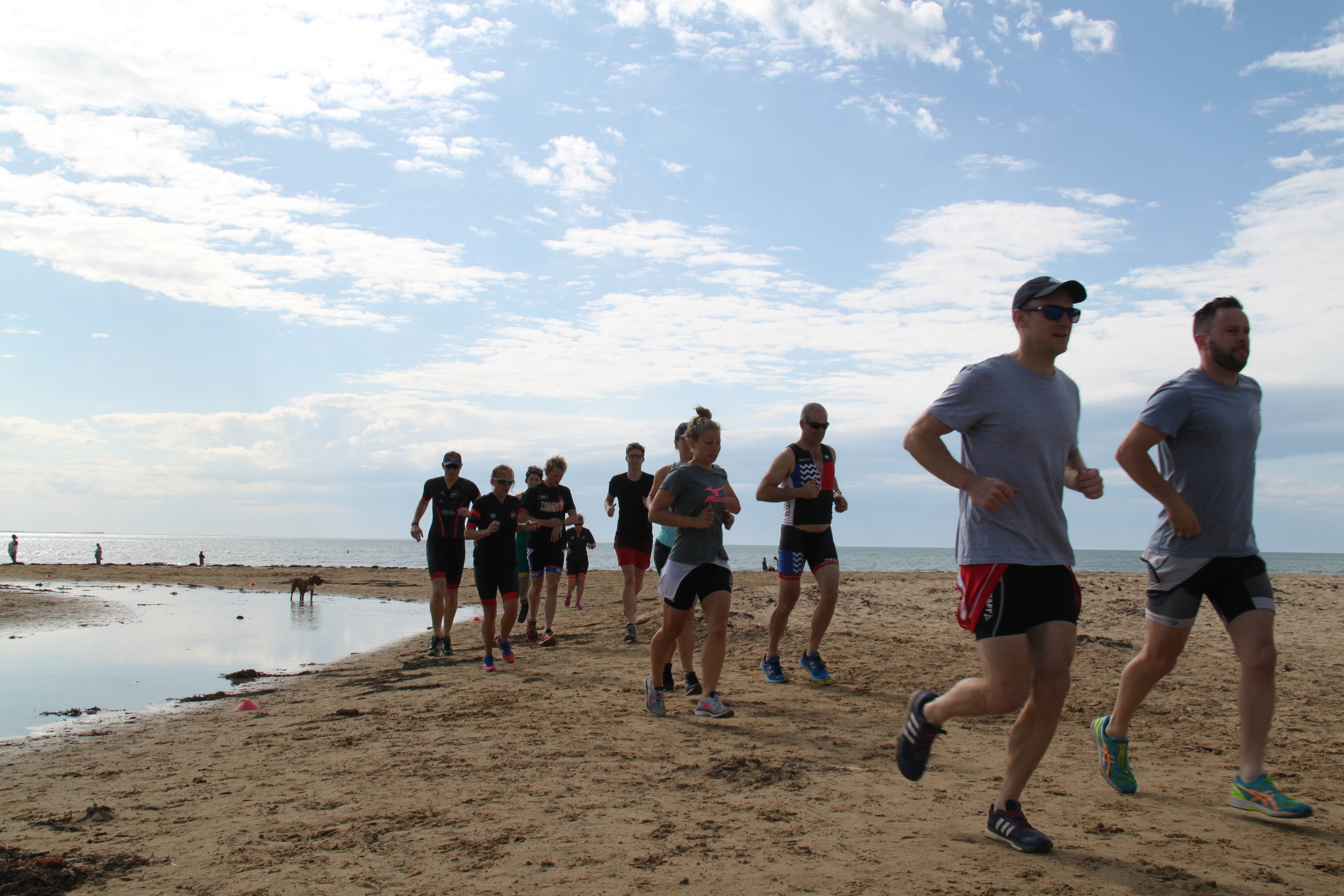Creatine Kinase – Muscle Damage Marker
Creatine Kinase (CK) is a type of enzyme made from protein. Muscle cells need CK to function. However, levels will rise dramatically after strenuous exercise. CK is currently used as a marker for significant levels of muscle damage and thus levels of inflammation in the muscles (myositis) and in the body.
CK levels may increase up to 30 times normal levels within 24 hours of strenuous physical activity and then slowly decline over the next 7 days. The elevation will depend upon the time, duration and whether the person is accustomed to the type of exercise.
Blood tests are used to determine CK levels. This is usually limited to people suffering my muscular related diseases such as muscular dystrophy or people who have experienced muscle trauma or injuries. It may also be useful for people experiencing symptoms of over training and other symptoms such as consistent muscle pain or aches, muscle weakness and consistently dark urine. The urine is dark due to the presence of myoglobin which is released by damaged muscles. Other symptoms may include persistent headaches, moodiness, joint pain, decreased appetite, compromised immune system, increased injuries & a sudden drop in performance.
When testing, it is important to note that normal ranges differ between genders and ethnicities, so having a blood profile over numerous blood tests will assist in determining whether your levels are elevated. Individuals who regularly participate in high-volume, intense exercise, tend to have significantly raised base levels of CK compared to sedentary and moderately exercising individuals. Prescription drugs may also cause in increase in CK levels.
There is a correlation between CK level and injury; for instance, if you have high levels of CK and continue to exercise, you will increase your risk of injury, cramps, and fatigue. A high level of CK in your blood is the clearest warning about over-training which will result in decreased performance & increased levels of fatigue.
As you age, you are more likely to experience greater exercise-induced damage and a slower repair and adaptation response, thus a potential increase in CK levels. There is also a correlation between the pace of CK recovery and athletic performance. Highly trained athletes will recover faster than untrained athletes.
In extreme endurance events such as an Ironman, it was found that high levels of CK were present 6 days post event. In marathon runners, it was found to take between 7-14 days post marathon for CK levels to return to normal.
Some studies have found that ingesting a combination of carbohydrate & protein during exercise reduces the level of CK in the blood following exercise. This supports other studies which found that including protein in race fuelling improved endurance performance. Differences were found to be highest in the period between 12-24 hours post exercise.
References
https://www.hindawi.com/journals/jnme/2012/960363/
Sport Nutrition: Enhancing Athletic Performance by Bill Campbell
http://www.scielo.br/scielo.php?pid=S1517-86922013000400002&script=sci_arttext&tlng=en
https://www.insidetracker.com/blog/post/34793287747/are-you-over-training#









